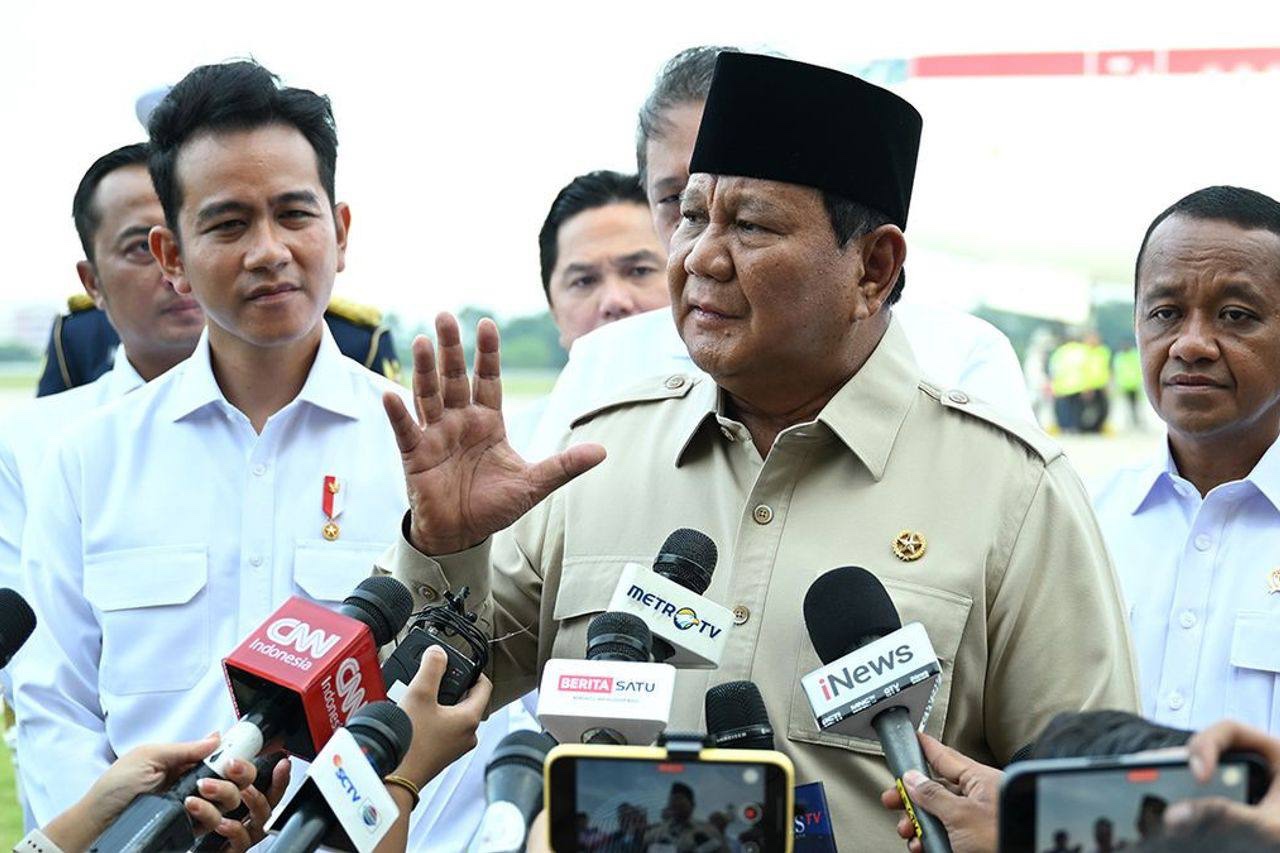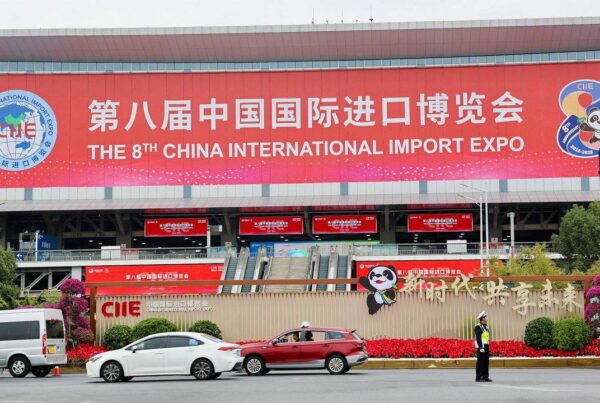Indonesia’s political landscape was shaken on September 28, 2025, when the Presidential Palace revoked the press accreditation of a CNN journalist. The incident followed a question posed to President Prabowo Subianto about the government’s controversial Free Nutritious Meal (MBG) program. The decision immediately raised alarms among media watchdogs and international observers who see it as a troubling signal for press freedom in Southeast Asia’s largest democracy.
The reporter, identified as Diana Valencia of CNN Indonesia, had asked Prabowo about the MBG program during a media session at Halim Perdanakusuma Air Base. Within hours, the Palace’s Bureau of Press, Media, and Information announced the withdrawal of her official press pass, citing what it described as “questions outside the context of the agenda.” This explanation did little to calm critics, who argue that restricting journalists for asking policy-related questions undermines democratic accountability.
A Tense Relationship Between the Palace and the Press
Indonesia has long presented itself as a nation that embraces democratic principles and values press freedom as part of its post-authoritarian reforms. However, the revocation of CNN’s journalist pass highlighted persistent tensions between political power and journalistic scrutiny.
For Prabowo, now President after decades of political and military influence, the MBG program represents a flagship policy aimed at tackling child malnutrition. Yet questions about its budget, transparency, and implementation have triggered controversy. The Palace’s move to silence a question on the matter drew criticism not only from local journalist associations but also from global press freedom advocates.
Background on the MBG Program
The Free Nutritious Meal (MBG) initiative is one of Prabowo’s central promises. Designed to provide daily nutritious meals for millions of schoolchildren, the program has been hailed as ambitious. However, it has also raised concerns about funding sources, logistical capacity, and corruption risks.
Analysts note that the scale of the program could strain state finances. Economists warn that without strong oversight, the policy could lead to inefficiencies. This is why questions from the press are seen as essential to ensuring transparency. By revoking a press pass over a critical question, the Palace risks signaling an unwillingness to face scrutiny.
CNN Reporter’s Question and Its Fallout
According to eyewitness accounts, the CNN journalist asked a straightforward question on how the government plans to fund and monitor the MBG initiative. The query, although policy-related, was deemed inappropriate by Palace officials.
Following the incident, CNN Indonesia requested clarification from the Palace. So far, no official detailed explanation has been provided. Instead, the statement about “agenda irrelevance” only fueled suspicions that the revocation was punitive. Media advocacy groups described it as an act of intimidation, warning that it could set a dangerous precedent.
Domestic and International Reactions
The incident immediately drew sharp responses from Indonesian journalist associations and legal aid groups. Organizations such as LBH Pers, IJTI, and the Press Council condemned the decision, calling it a violation of democratic norms and a direct attack on press independence.
Internationally, the move also attracted criticism from rights organizations and foreign media outlets. Observers pointed out that Indonesia’s democratic credibility rests heavily on its ability to safeguard free expression. Restricting journalists for asking uncomfortable questions sends a message that critical voices are not welcome in political discourse.
Responses from Press Associations
The Indonesian Television Journalists Association (IJTI) expressed deep concern, stating that revoking a press pass undermines journalists’ ability to carry out their duties. They stressed that public officials, especially the President, must remain open to questions about national policies.
Meanwhile, LBH Pers argued that the act could be interpreted as a form of censorship. They warned that such actions could chill press freedom in the long term, discouraging journalists from asking critical questions out of fear of reprisal.
Global Press Freedom Concerns
From an international perspective, the incident resonates with broader trends of shrinking press freedom in several countries. Human Rights Watch and Reporters Without Borders have documented rising hostility toward the media across Asia. Indonesia’s action risks placing it in the same category as nations where press suppression is common.
Global observers argue that the episode damages Indonesia’s image as a vibrant democracy. It could also affect its relations with international partners who value democratic governance and free expression as prerequisites for cooperation.
Political Implications for Prabowo’s Presidency
Beyond the immediate media fallout, the revocation of a CNN journalist’s pass may have lasting political implications for Prabowo’s administration. At the core of the issue lies the balance between consolidating authority and upholding democratic accountability.
For critics, the Palace’s move reflects a pattern of intolerance toward dissent. They argue that restricting press freedom is inconsistent with Prabowo’s promise to strengthen democracy and improve governance. Supporters of the administration, however, may view the act as an attempt to maintain order and prevent what they see as disruptive questioning.
Prabowo’s Relationship with the Media
Prabowo’s history with the media has been complex. As a former general and long-time political figure, he has faced intense scrutiny over past controversies. Journalists often probe into issues of military conduct, corruption allegations, and political maneuvering.
This latest episode suggests that his government may struggle to balance transparency with control. Analysts warn that clamping down on critical journalism could backfire, intensifying public suspicion rather than quelling dissent.
Impacts on Indonesia’s Global Standing
International partners will likely monitor how Indonesia handles this issue. As the world’s third-largest democracy, Indonesia’s treatment of the press has symbolic significance. If it appears to stifle critical voices, questions may arise about its commitment to democratic norms.
Foreign governments and international organizations may also reassess their engagement strategies. For example, development aid programs often emphasize governance and accountability. Any erosion of press freedom could complicate negotiations and partnerships.
Conclusion
The revocation of CNN’s journalist pass after a question about the MBG program has sparked significant debate in Indonesia and abroad. Critics warn that it undermines press freedom, weakens democratic oversight, and damages Indonesia’s global reputation. Supporters of the Palace’s decision argue that it was necessary to maintain order during official events.
At its core, the issue reflects a deeper struggle between transparency and control in Prabowo’s presidency. Whether this marks an isolated incident or the beginning of a troubling trend will shape how Indonesia is perceived internationally. For now, the global spotlight remains fixed on Jakarta, and the country’s democratic credentials are once again being tested.
Readers can explore more insights on global democracy and media rights in related articles at Olam News.




